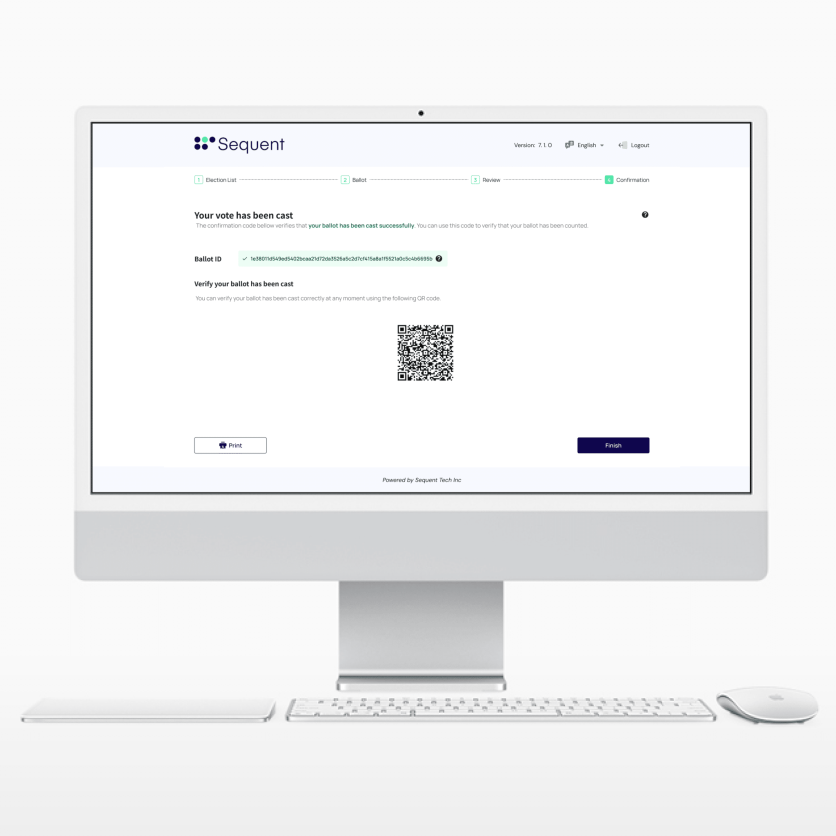
In recent years, democracies worldwide have faced challenges promoting voter participation, particularly for citizens living abroad. As global mobility continues to rise, many find it increasingly difficult to engage in the electoral process due to distance, bureaucratic hurdles, and limited voting options.
Online voting has emerged as a solution to help close this significant gap, offering the potential for greater accessibility and convenience. However, while the concept of virtual voting is promising, it comes with a set of challenges, as most existing platforms fail to meet the rigorous security and auditability standards required for public elections.
Last month, the Philippines became the first country to enable remote digital voting for its national elections, with overseas citizens casting their ballots online from 77 different countries. The operation was powered by Sequent Tech, a startup specializing in secure, end-to-end verifiable online voting solutions. Commissioned by the Philippine Commission on Elections (COMELEC), this operation marks one of the world's largest online voting deployments to date.
Sequent's platform successfully enabled more than 1.23 million registered voters to cast their ballots remotely through their personal devices, eliminating the need to travel to embassies or consulates.
Following biometric authentication, every vote was encrypted, cast, and mathematically verified using zero-knowledge proofs to ensure complete transparency while maintaining voter privacy. During the elections, Sequent's platform successfully blocked over 75,000 cyberattack attempts without affecting the voting experience.

Shai Bargil, CEO and Co-Founder of Sequent, shares: "This election showed that secure, verifiable, and convenient online voting at a national scale is not only possible—it's here."
Sequent's platform helps remove common barriers to online voting by offering a fully digital, cryptographically secure, and independently auditable voting solution. Built using open-source software and advanced cryptographic protocols, Sequent's system meets the highest election security standards set by the United States, Canada, and the European Union.
Aimee P. Ferolino, the Commission in Charge, COMELEC, says: "With over 10 million Filipinos living abroad, one of our key goals in this election was to enable participation without the burden of long-distance travel."
Bargil adds: "Just as we trust digital platforms for banking and public services, electoral systems must now evolve. Sequent was built for this moment—to make democracy more accessible, transparent, and trustworthy."
Before the election, civil society organizations and the COMELEC conducted a thorough review of the source code. After the voting concluded, a real-time public audit confirmed the system's integrity in less than five minutes, at a fraction of the cost typically associated with paper recounts.
To date, Sequent has supported over 3.6 million voters across more than 210 election deployments worldwide, including governments, municipalities, universities, political parties, labor unions, and professional associations in the U.S., Canada, Europe, and Asia. This digital approach to voting breaks down traditional barriers, allowing citizens to participate in national elections without limitations of time or geography, making the democratic process more accessible and secure.
ⓒ 2025 TECHTIMES.com All rights reserved. Do not reproduce without permission.




